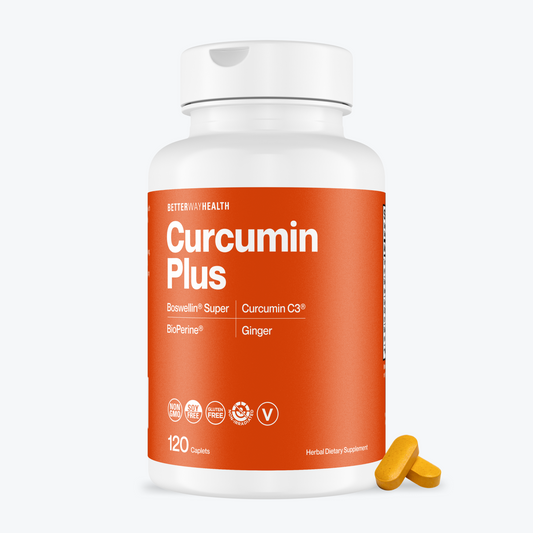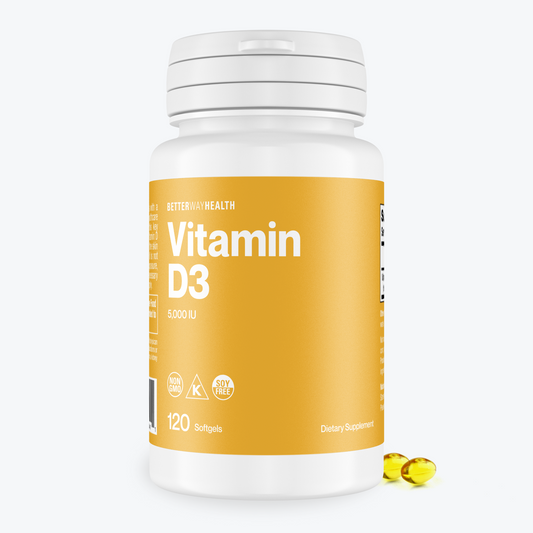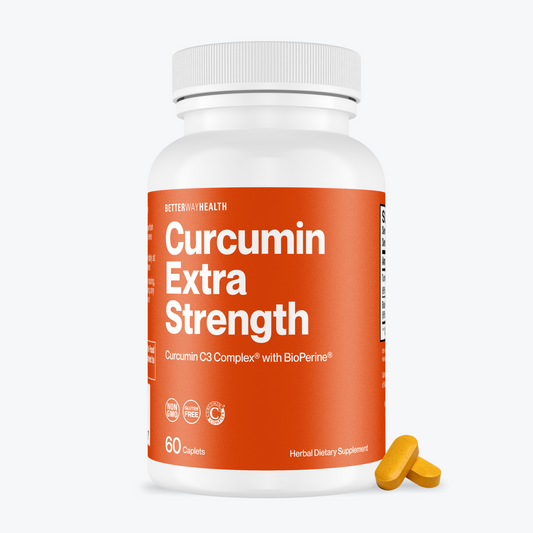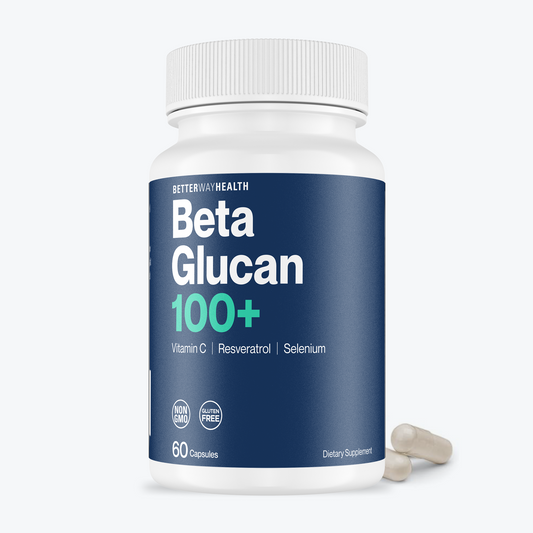Beat Allergies Naturally

Beautiful weather, good food, adorable pets, a bouquet of flowers – what do they all have in common? We should say that they make us smile and brighten our day, but for too many, the common denominator is that they make us feel miserable.
Allergies can come in many shapes and forms and can seem difficult or impossible to treat, especially if we are looking for natural remedies.
Because allergic reactions are not connected to a viral or bacterial illness, our standard methods of treating illness don’t necessarily work. We can’t take a round of antibiotics to treat those itchy eyes or that constant sneezing. Often, that means a constant effort to avoid the offending substance(s), living with the uncomfortable consequences, or addressing it conventionally with less-than-ideal medicinal treatments.
The allergy puzzle is not easily solved, but neither is it impossible. By helping the body’s natural immune response function more efficiently, we may be able to retrain it to respond more appropriately to the benign substances that trigger allergic reactions.
How Allergies Affect Us

We tend to identify our illnesses based on our symptoms. The stomach bug feels like nausea and headaches, fatigue, and vomiting. A cold feels like a runny nose and sneezing. The flu feels like a fever and fatigue with congestion and sneezing.
In reality, the symptoms are actually our body’s immune process more than anything the virus or bacteria causes, per se.
Sneezing expels germs from the mucous membranes. Vomiting clears the stomach of offenders. Fevers increase the body temperature beyond what a virus can withstand. Aches and pains of inflammation carry white blood cells to various parts of the body to fight off microbes.
What feels like our bodies breaking down is actually our bodies working very efficiently – except when the response is directed toward benign substances.
Sometimes, the “marching orders” get confused, and the body decides that, say, pollen is a vicious attack on our health and well-being. Or that pet dander is out to get us. When the immune response is confused in this way, it’s considered an allergy.
Types of Allergies

Within the umbrella category of allergies, there are many variations of allergic responses. Just as the body will react in specific ways to specific viruses or bacteria, allergens create specific responses as well.
Although not everyone will react the same way to generalized allergens, we can categorize a few types of allergies that can occur:
- Seasonal
- Nasal
- Topical
- Food
Within each type of allergy, there is the potential for a less severe form, called a sensitivity or intolerance, that engages the immune system and produces negative effects in the body but not as extensively as an allergy.
Reactions can range from minor irritation to life-threatening danger. Minor hives are uncomfortable and unpleasant, but anaphylactic reactions close the airways, create shock, and can be fatal if not treated immediately. An allergy that poses a less severe reaction should not be taken any less seriously—any time the body is functioning less efficiently should be a cause for concern and a reason to address the problem.
Who Has Allergies – And Why?

Allergies have become the fifth most common chronic illness in the country—the third most common when we single out children. In the US, thirty percent of adults and forty percent of children suffer from some kind of allergy. (1)
As the immune system itself is still shrouded in some mystery and intrigue, the cause and mechanics of allergies are still relatively unknown. Genetics do appear to play a role, but genetic predispositions aren’t a guarantee of anything. The environment and lifestyle that a person maintains can affect whether or not those genetic tendencies are carried out. (2)
We do see that childhood is a precarious time for health influence—if you are going to develop allergies, it will likely begin in childhood. A review of allergic rhinitis (nasal allergies) showed peak occurrences falling in childhood. (3) While it’s not unheard of to develop allergies later in life, these observances underscore the importance of helping our children to be healthy from the start.
Incidentally, avoiding the onset of allergies does not mean avoiding all common-allergen exposures at all times—that may actually increase your risks. This is the theory of the bored immune system—rarely exposed to real threats to “practice” on, so it targets whatever comes around, harmless though it may be—and it’s one of many theories about the cause of allergies. (2)
The impact of environment on our genetic tendencies indicates a need to shield our children—and ourselves—from pollutants, stress, toxins, and other factors that inhibit the body’s normal immune function.
Avoidance of allergens is, on the other hand, a coping option after allergies have developed.
Common Allergy Treatments

Once allergies have been identified, we often wonder what to do next. Allergies are so common that many of us live with the effects and never go in for a diagnosis or medical advice.
How many times have you said or heard the phrase, “It’s just allergies”? You can only avoid treatment for so long, however, before it becomes severe enough that you can no longer cope.
Common allergy treatment options include:
- Anti-histamines
- Nasal sprays
- Decongestants
- Allergy shots
- Remedies, such as bee pollen
Your allergy treatment will depend on the type of allergy and its severity, at which point you will need to weigh the risks and benefits of each option.
Risks of Mainstream Allergy Treatments
The benefits of allergy treatments are clear – you feel and function better. For some severe cases, that is enough to outweigh most potential risks and side effects. But an informed decision is not made until we understand the risks and can weigh them against hopeful benefits.
Antihistamines are used for topical and respiratory allergic reactions since the immune response produces histamines, which trigger some of the symptoms of a reaction. While they are largely safe and widely used, they can have severe side effects, including heavy fatigue and impaired thinking. Second- and third-generation antihistamines aren’t as strongly connected to severe side effects but are still a present concern, as antihistamines are sometimes abused recreationally. (4)
Nasal sprays are another over-the-counter treatment that should not be taken lightly. They don’t necessarily create an addiction, but they can cause “rebound congestion” after treatment is stopped, which can feel like an addiction. (5)
When allergies progress to the point where immunotherapy via allergy shot is required, it’s easy to feel like little else can be done. Still, being aware of the risks involved is important. Your doctor should keep you in the room for 30-40 minutes after the injection to monitor you for a rare but possible anaphylactic reaction. Systemic reactions are possible as well, with long-term effects. (6)
We expect risks and potential side effects from artificial or chemical products, but it’s important to note that natural substances should not be trusted implicitly simply because they are from nature. Bee pollen supplements, for example, have been observed triggering an anaphylactic reaction in a woman who didn’t realize she had that specific allergy. (7) Understanding the remedies and alternatives is just as important as understanding the conventional therapy.
4 Ways to Naturally Cure Allergies
Before we let our allergy problems progress to the point of needing riskier treatments, there are alternative approaches to take that may help alleviate symptoms and address the root cause.
The four-tiered approach I recommend includes:
- Going to the source
- Improving nutritional support
- Supplementing the diet
- Utilizing essential oils

By working with the body as a network of systems, we can help it to function better as a unit, hopefully and potentially mitigating the overreaction that causes allergic symptoms.
-
Going with your gut – addressing the source of allergic reactions
Often, we only want the runny nose to stop or the itching to go away. But by digging for the cause, we can make more lasting, significant changes.
For allergies, we need to look at a seemingly unlikely source – the gut. We know that our bodies are filled with microbes – to the tune of trillions – on surfaces and internally. For the most part, these microbes are our allies, battling infiltrating threats and supporting the immune system. A weakened “army” of microbes, then, can lead to a weakened or inefficient immune system – one more likely to misfire and create allergic reactions (8).
In addition to healthy dietary habits to protect our intestinal microbial life, supplementing with probiotics may be an important key in the treatment of allergies. According to a review conducted by researchers in Quebec, “…probiotic formulations demonstrated the capability to successfully modulate allergic rhinitis, atopic disorders and food-related allergies” (9).
-
Eating allergies away – improving your nutritional support of the immune system
Aside from protecting the gut with plenty of fruits, vegetables, and fermented foods and avoiding refined and processed grains and sugars, some specific dietary inclusions can improve our chances against allergies.
For the individual with food allergies, avoidance of the offending foods is certainly necessary. Soothing, healing foods such as cooked vegetables, broth, and fermented foods can help the gut to restore bacterial balance and restore its integrity (10). Foods can be incredibly healing and powerful – whether or not the allergies are ultimately resolved, a diet of healing foods can benefit health overall and help to minimize the effects of limited nutrients and gut damage inflicted by food allergies.
Respiratory and nasal allergies are also affected by diet. Fruits high in vitamin C, plenty of vegetables, and good sources of omega-3 oils are all important to include in the diet. A good balance of omegas helps to reduce inflammation, which is a component of allergies. Limiting refined, processed foods and increasing intake of nuts, seeds, and healthy oils helps to maintain that balance (11).
-
Boosting the benefits – supplementing the diet with allergy-busters
It’s easy to look for natural supplements or remedies that mirror conventional treatments – just swap one out for the other! In fact, a nasal spray made with homeopathic capsaicin has gained in popularity and has performed well in studies against nasal congestion.
In the bigger picture, dietary supplements are never intended to be a sole source of nutrition and benefits. Still, they can be an invaluable partner in the pursuit of wellness and the battle against allergies.
One supplement that may help to alleviate allergy symptoms is beta glucan. A little-known substance found as a fiber in the cell walls of yeast, bacteria, and other plants, beta glucan has been shown to benefit both the immune and respiratory systems and is safe for children as well as adults. Pollen-induced and seasonal allergies have been ameliorated with beta glucan supplementation, no doubt thanks to a more efficient immune response (12, 13).
By choosing dietary supplements carefully – to address the underlying reason for the allergic reaction – we can maximize our efforts and avoid unnecessary purchase and use of pill after pill to treat symptoms rather than causes.
-
Diffusing the allergen bomb – utilizing essential oils for allergen-aromatherapy
Essential oils, when used appropriately, are highly effective forms of distribution for certain herbal properties. For allergies, essential oils can contribute to symptom relief while we work on relieving the allergies at a foundational level.
Part of the nasal response to allergies and infection is the ciliary beat, and when that function is slowed, discomfort and infection can become recurrent and more unpleasant. An analysis of essential oils found that lavender, eucalyptus, and menthol (found in peppermint) are effective to increase ciliary beat frequency and facilitate a more efficient nasal response (14).
Still have questions?
Our ACES Team is always there to help.









